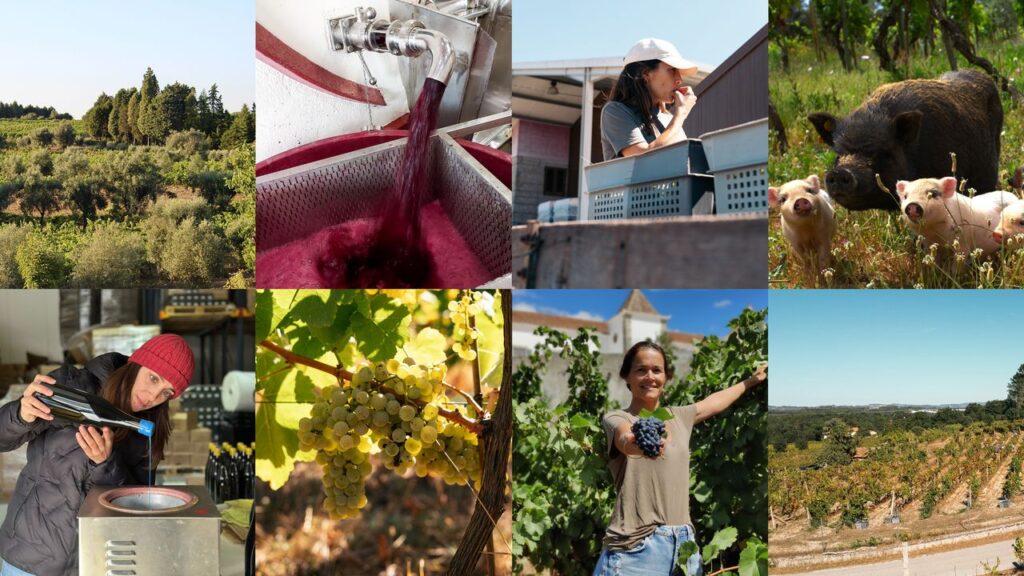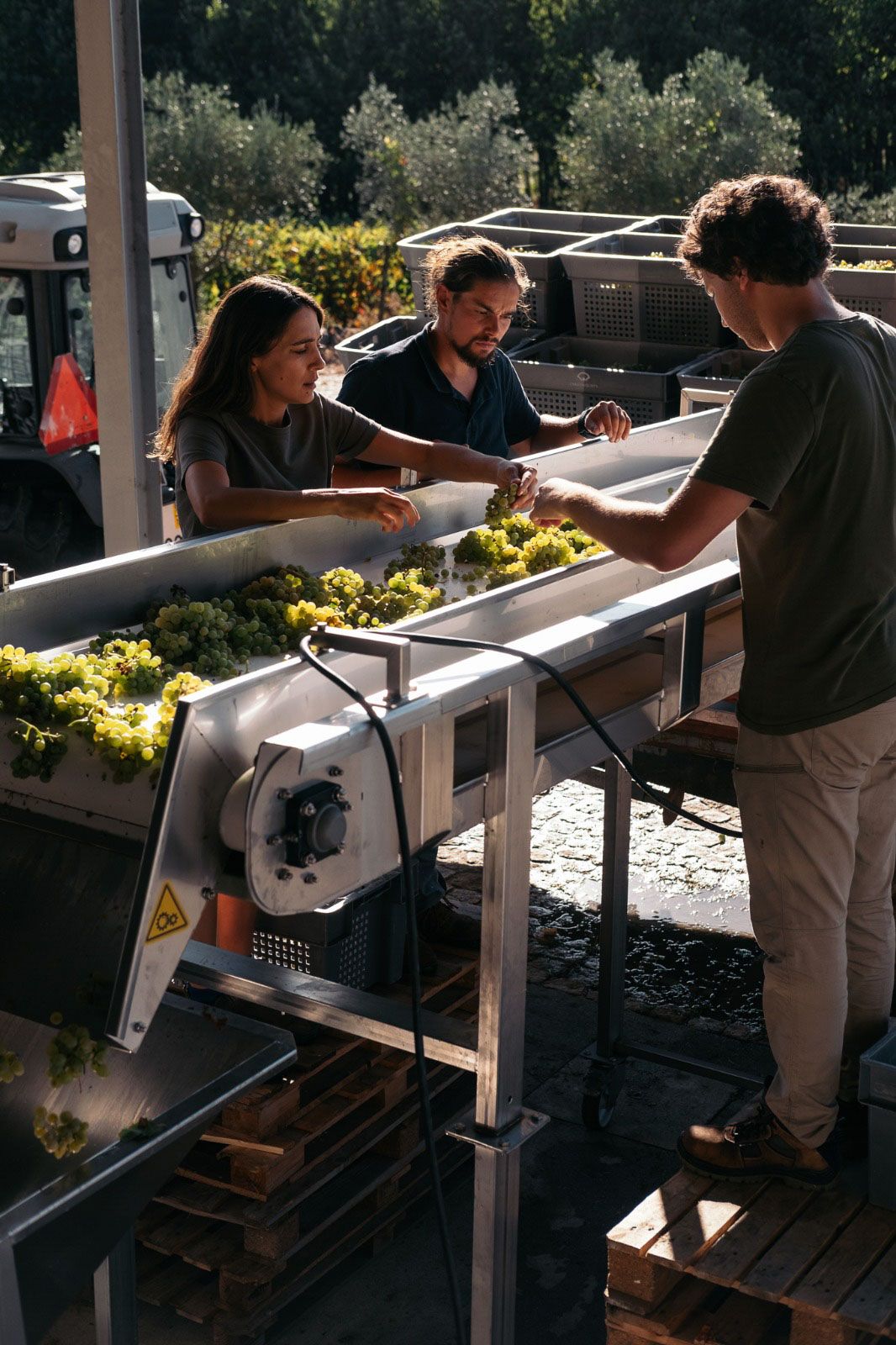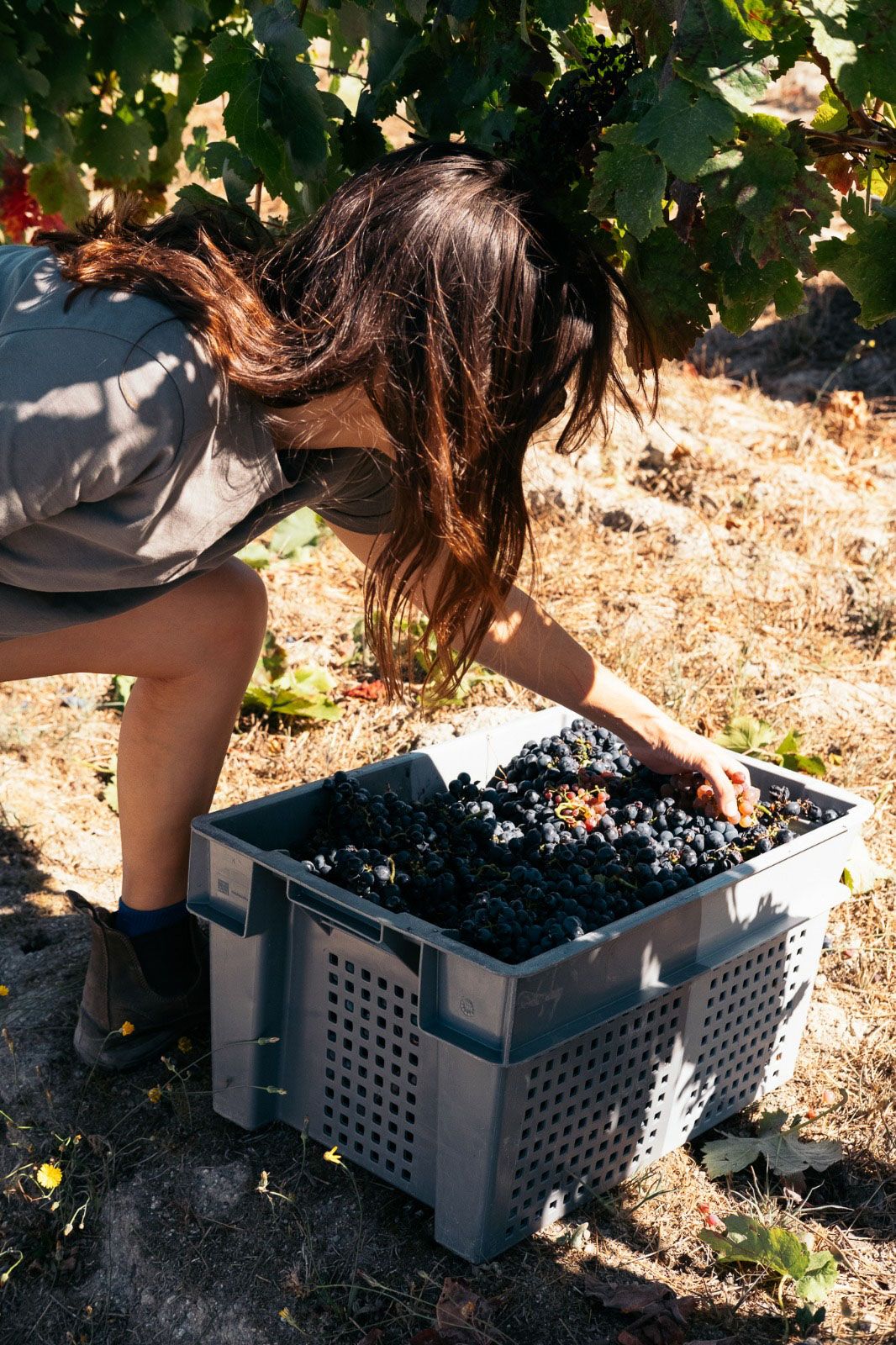Cabernet Sauvignon has been around for a long time before it was bottled. Bordeaux Portuguese vines, which were akin to the Burgundy Pinot Noir, grew in the Tagus and Sado Valleys, in central Portugal. 4,000 years old.
Ancient winemaking practices were passed down through generations of fathers and sons, crafting what we now call low-intervention wine—using natural fermentation and minimal additives—from indigenous grapes that grew wild on the Iberian peninsula for millennia. Portuguese monasteries, which grew in importance as the Catholic Church grew in the Middle Ages with the rise of the Catholic Church, became the centers for winemaking. Monks, priests and friars made sacramental wine to be used at Mass.
All through it, women were there. excluded from the cellars—where the real magic happened—and relegated to the vineyards to pick grapes during harvest time, the product of both patriarchal traditions and a widespread European superstition that a menstruating woman could spoil a batch of wine just by being near it. But today, as low-intervention wines trend in hipster bars from Berlin to Brooklyn—driven by wine lovers seeking sustainability in an increasingly processed world—Portugal’s ancient winemaking traditions are having a moment, and a wave of women are at the forefront.
Ana Cardoso Pinto from Purista Wines. Pinto is something of a renaissance woman—an architect, sommelier, and winemaker who combines her minimalist design sensibilities with her production process. On her family’s property, located 50 minutes north of Lisbon, she uses her parents’ 19th-century concrete tanks for spontaneous fermentation, which adds texture and minerality, while keeping sulfites low, the body light, and alcohol reduced—creating expressions of grape varieties in their purest form.
Her Fernão Pires 2024 white exemplifies this philosophy, with its unique freshness, and a touch of saltiness due to the vineyard’s proximity to the Atlantic coast. She says that it wasn’t until winemakers were forced to increase production did they start adding chemicals as a control. Most Portuguese wines had been naturally low-intervention up until the 1970s or 1980s. “But people are now more conscious about what they put in their bodies, and that includes wine.”
For Mariana Salvador of Revela wines, up north in the Dão region, the proof is in the taste. Salvador fell for low-intervention wines following a series of blind wine tastings conducted by one of Portugal’s leading producers. “It was like a light bulb went off,” says she. “I realized that this was my passion. If this is the more natural way, and the wines taste so good—with so much texture and vibrancy—I knew this was the only way I wanted to make wine.” Salvador sources grapes such as Alfrocheiro, a vine primarily grown in the region, exclusively from small winegrowers, crafting wines with minimal intervention—using little or no sulfites—so that each vineyard can speak for itself. She explains that “each vine has its own story”. “That’s how the name Revela—which means ‘reveal’ in Portuguese—came about. “I wanted to showcase what each grape had to offer.”




